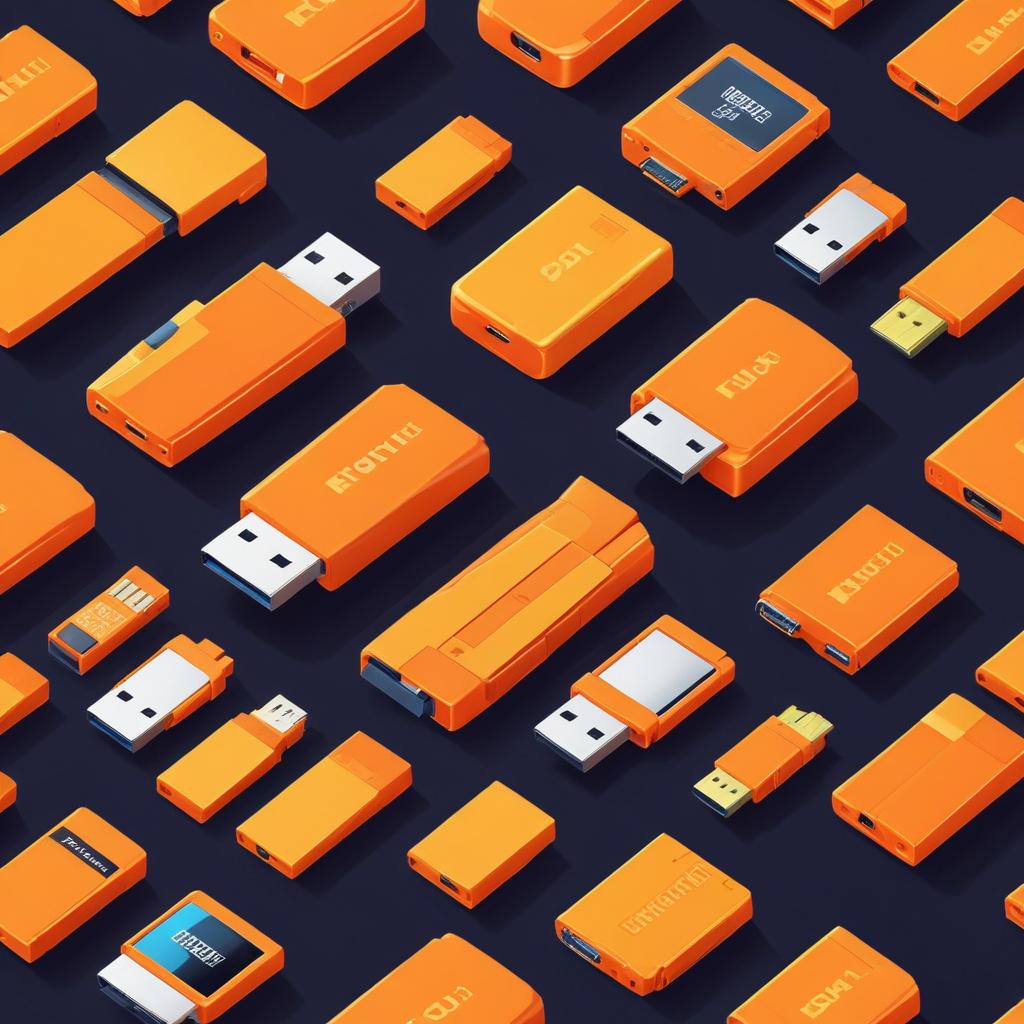Goodbye, USB Flash Drives: The Rise of SSD-Type Portable Storage

TechRadar’s recent article highlights a seismic shift in portable data storage. The TeamGroup X2 MAX external SSD demonstrates how traditional USB flash drives struggle under the weight of modern demands, paving the way for SSD-type devices. With read speeds of up to 1,000MB/s and write speeds reaching 900MB/s, this new tech is set to redefine expectations. As our digital lives increasingly involve high-definition video and gaming, the need for speed and efficiency can't be overstated.
Tactical Positives
- High speeds make for faster transfers, perfect for large files.
- Versatility with both Type-C and Type-A connectors.
- Compatibility with gaming consoles, catering to gamers' growing demands.
- Lightweight and portable, making it convenient for everyday use.
TeamGroup’s device raises the bar in several areas. For instance, it helps users transfer heavy game data seamlessly without the frustration of slow load times. Moreover, the five-year warranty reflects the company's confidence in its product, further solidifying consumer trust.
Yet, while the advantages are clear, let’s consider some underlying assumptions. Is the expectation that consumers will universally prefer SSDs over USB drives rooted in a one-size-fits-all mindset? Not everyone needs the ultra-high speeds for daily tasks. Many users still appreciate the low cost and simplicity of traditional USB drives. After all, according to a survey from Statista, about 50% of consumers prioritize price over speed when choosing a storage solution. Would SSDs truly replace USB drives for those on a budget?
Moreover, while the X2 MAX shines in transfer speeds, it’s crucial to look at the bigger picture. Not all users prioritize speed; some might prefer different features, such as affordability or storage capacity. The landscape of portable storage is vast, with alternatives like traditional HDDs still relevant for many use cases. Are we neglecting user diversity by solely championing high-speed devices?
As we embrace this SSD trend, the potential for traditional USB flash drives should not be dismissed. What’s the long-term consequence of this shift? Will it lead to innovation in USB technology, or risk leaving many consumers behind?
The influx of SSDs indeed offers numerous benefits, but it also presents questions worth pondering: Are we losing sight of what many users truly value in storage solutions?
DiskInternals understands the evolving landscape of data storage and recovery. As developers of advanced data recovery software for both virtual and real environments, we witness firsthand the consequences of data loss. We empower users with solutions designed to mitigate risks associated with data management, ensuring your information remains intact regardless of the storage medium you choose.
Adopting SSD-type storage marks a significant step in the right direction, but keeping a balanced perspective on consumer needs remains essential.